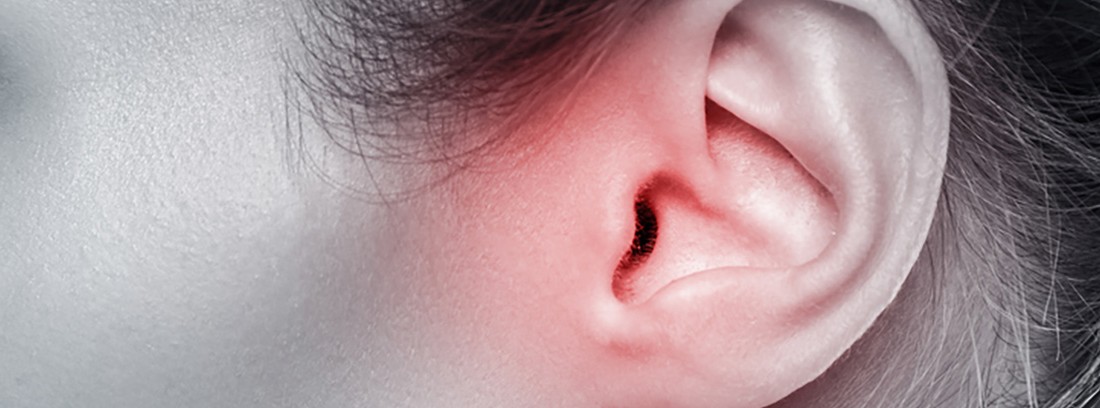Tinnitus

The human ear is capable of perceiving sounds as long as there is a sound source that produces them. When a person, regardless of the cause, perceives a sound as a whistle, murmur, buzz, whisper, or other type of not articulated without there being a sound source that produces it, it is said that the person suffers from tinnitus or tinnitus.
How is it produced?
Tinnitus or tinnitus is not a disease in itself, but a symptom whose causes can be very diverse, from the most trivial to others that are potentially serious for the health of the person. The main etiologies of tinnitus are:
- Wax plugs
- Fluid in the ear
- Acoustic trauma
- Tympanic perforation
- Allergies
- Ménière syndrome
- Hearing loss
- Tumors
- Cerebrovascular accidents
- Head injuries
- Arterial hypertension
- Arteriosclerosis
- Aneurysms
- Mellitus diabetes
There are also some substances that can cause tinnitus, such as alcohol, heavy metals or carbon monoxide, or drugs such as aspirin, aminoglycoside antibiotics or quinine derivatives.
It is normal for tinnitus to appear after being exposed to loud noises and last for a few minutes. Most people describe them as a beep, a hiss, a buzz or a hiss, although there is always a subjective component that can make the descriptions very varied. Tinnitus affects both men and women equally and does not make age distinctions. They can be unilateral or bilateral.
What are the consequences?
If the tinnitus is of low intensity it may not affect the daily life of the person, that with the noise of the day to day it is possible that they will not perceive them unless it is silent or when the intensity increases; It is for this reason that many of the patients suffering from tinnitus initially report it as predominantly nocturnal. When the intensity of the tinnitus increases, it can reach prevent sleep, alter concentration and modify character of the person.
Diagnosis
The diagnosis of suspected tinnitus will obviously be based on the explanation that the patient will make of them. The doctor will conduct a thorough questioning to try to find out accompanying symptoms and other pathologies that may cause them. A complete physical examination will be performed that will include a hearing and balance study. If necessary, the doctor will order complementary examinations such as one, a computerized axial tomography (CT), one or an angiography.
Treatment
The definitive treatment of tinnitus will be that of the triggering cause if it can be determined. By correcting simple pathologies such as ear infections or wax plugs, or by controlling arterial hypertension, tympanic perforation or mandibular pathology, tinnitus can be eradicated. If the cause is not found, there are physical measures that can helpr to control them, such as the use of headphones or devices that emit a low-frequency sound that masks them. The Pharmacotherapy using antidepressants, anxiolytics or vasodilators can improve the situation, but with mixed results.
Precautionary measures
Preventive measures will consist of avoid exposure to excessive noise, use ear protectors in certain situations, avoid potentially ototoxic drugs and see a specialist as soon as possible in the presence of persistent tinnitus.
(Updated at Apr 14 / 2024)